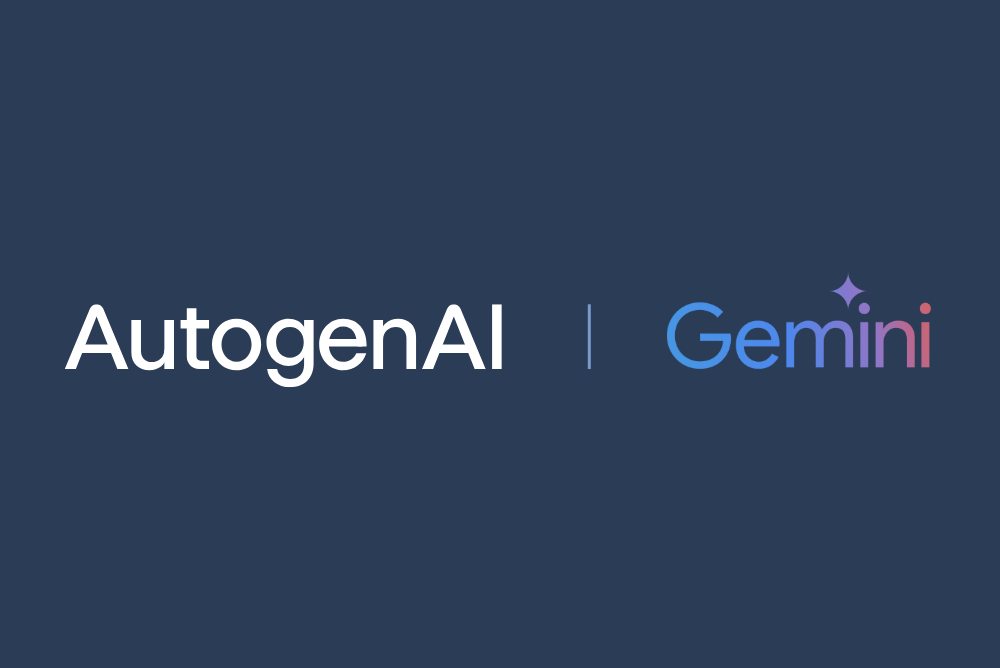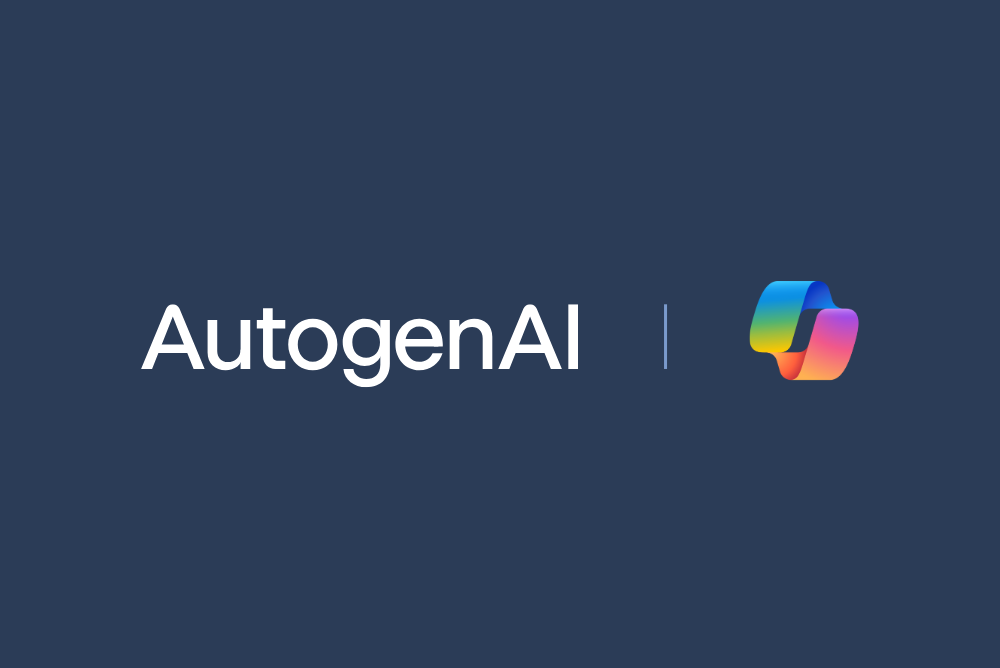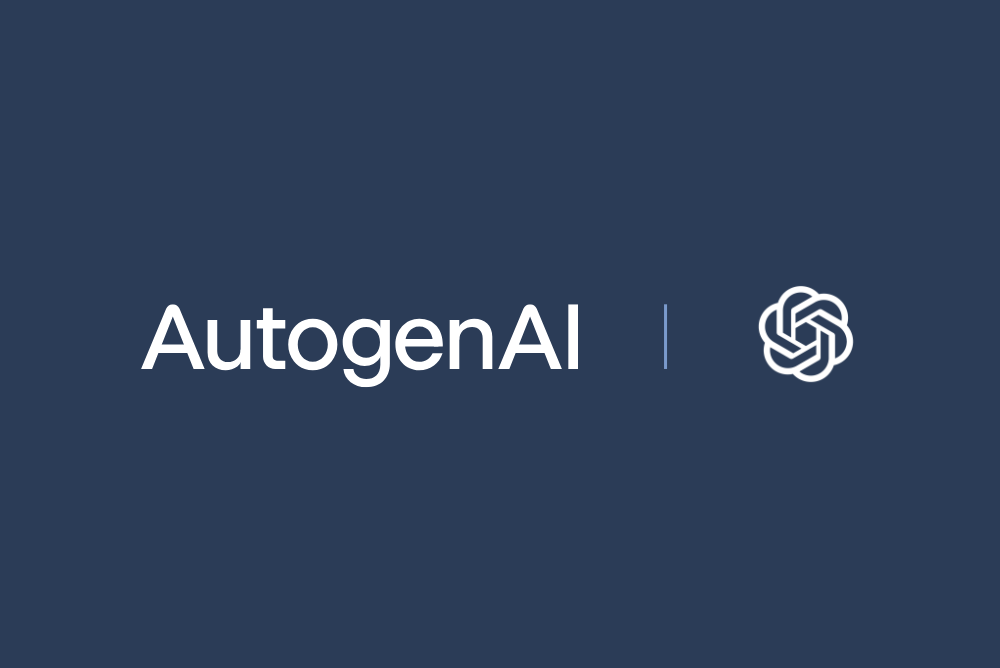How the Procurement Specific Questionnaire (PSQ) is Going to Change Procurement (And What You Need to Do About It)

In December 2024, the Government launched the new Procurement Specific Questionnaire (PSQ) – which will replace the old Standard Selection Questionnaire (SQ) when the Procurement Act 2023 goes live. The PSQ is designed to make bidding simpler and more transparent while putting a bigger focus on things like social value and managing risks. This change is all about helping buyers and suppliers work better together. In this article, we’ll explain what the PSQ is, why it matters, and how AutogenAI makes it easy to adapt to the new regime.
The UK Government’s Procurement Act 2023 will reshape how public contracts are awarded, and one of the key changes will be the new Procurement Specific Questionnaire (PSQ). Launched in December 2024, the PSQ will replace the Standard Selection Questionnaire (SQ), reflecting a clear shift towards transparency, efficiency, and prioritising social value in procurement.
For bidders, the PSQ presents both opportunities and challenges. On one hand, it promises a more streamlined, process across contracting authorities. On the other, it raises the bar for demonstrating compliance, supplier capability, and social value impact.
Navigating this shift can feel daunting, but it doesn’t have to be. Tools like AutogenAI are here to make the transition smoother, ensuring you stay competitive in this evolving landscape.
What’s Changing?
In December 2024, the Government Commercial Function (GCF) unveiled the Procurement Specific Questionnaire (PSQ) to simplify and standardise supplier selection under the Procurement Act 2023. The key changes include:
- Standardised Format Across Authorities: For the first time, all contracting authorities will use a unified approach, making the process consistent and easier to navigate for bidders.
- Focus on Supplier Capability and Risk Management: The PSQ requires bidders to showcase their ability to deliver and manage risks effectively, reflecting a more rigorous evaluation process.
- Emphasis on Social Value: Bidders must now demonstrate the broader societal impact of their proposals, highlighting how their solutions benefit communities beyond the immediate scope of the contract.
- Self-Declaration Process Retained: To streamline the initial stages, suppliers can still self-certify compliance, reducing the administrative burden for both bidders and contracting authorities.
These changes aim to make procurement more transparent, equitable, and aligned with modern priorities. However, they also raise the stakes, requiring bidders to adapt quickly to stay competitive.
Challenges for Bidders:
Adapting to the new Procurement Specific Questionnaire (PSQ) comes with its own set of hurdles for bidders, especially as expectations rise under the updated framework. Here are the key challenges:
- Mastering Social Value Priorities: With social value now a central focus, bidders must demonstrate the specific benefits their proposals will deliver through this particular contract. This means showcasing tangible impacts on local and regional areas, such as creating jobs, supporting community projects, or reducing environmental impact where the work is delivered. For many, this shift requires a fresh approach to connecting social value directly to the scope of the project.
- Tailoring Responses for Higher Standards: The PSQ’s emphasis on supplier capability and risk management demands precise, customised answers that clearly align with client expectations. Generic or recycled content simply won’t cut it anymore.
- Balancing Increased Workloads: While the PSQ is designed to streamline the procurement process in the long term, its initial implementation may increase workloads as organisations adapt to its new requirements. This adjustment period demands additional effort from internal teams to align with updated standards and ensure compliance with heightened expectations.
Navigating these challenges will test even the most experienced bid teams, but with the right tools and strategies, bidders can turn these obstacles into opportunities to stand out.
How AutogenAI Helps:
But navigating the new requirements of the PSQ doesn’t have to be overwhelming. AutogenAI’s advanced AI-powered bid writing platform offers tailored solutions to help bidders adapt seamlessly, saving time and ensuring compliance while enabling teams to focus on delivering their best work. Here’s how AutogenAI supports you through the transition:
- Generating Data-Driven First Drafts: By pulling insights from previous successful bids and your organisation’s knowledge base, AutogenAI creates original, tailored, accurate and PSQ-aligned drafts that are ready for refinement. This ensures your bids meet key requirements while saving time on initial drafting.
- Crafting Contract-Specific Social Value Narratives: AutogenAI helps you develop highly localised and relevant social value statements that align directly with the contract’s priorities, ensuring your proposals resonate with evaluators and demonstrate tangible community impact.
- Dynamic Compliance Tracking: The platform continuously checks your responses against the PSQ’s detailed requirements, flagging gaps and suggesting improvements in real time. This proactive approach reduces the risk of non-compliance.
- Improving Bid Quality with Analytics: AutogenAI provides insights into previous bid successes and areas for improvement, enabling your team to refine responses and align more closely with PSQ expectations, including risk management and supplier capability.
- Streamlining Collaboration: AutogenAI integrates feedback from multiple stakeholders into a cohesive response, making it easier to manage input from diverse teams without losing clarity or focus.
With AutogenAI, adapting to the PSQ becomes a streamlined process, turning challenges into opportunities to showcase your organisation’s strengths and secure more wins.
AutogenAI: Simplifying PSQ Compliance and Boosting Bid Quality
The introduction of the Procurement Specific Questionnaire (PSQ) signals an important shift in UK public procurement, bringing a sharper focus on transparency, social value, and tailored solutions. While the transition introduces new challenges, it also provides bidders with the chance to refine their approach and better align with public sector priorities.
AutogenAI simplifies this process, offering tools that streamline first drafts, integrate social value effectively, and ensure compliance with PSQ requirements. By reducing the administrative burden and enabling teams to focus on strategy and quality, AutogenAI helps organisations adapt quickly and deliver stronger bids.
With a clear strategy and the right technology, your organisation can navigate the PSQ with confidence and position itself to win more contracts in this evolving procurement landscape.
Want to see how AutogenAI helps your team win more business?
Book a demo and we’ll show you how it works.



